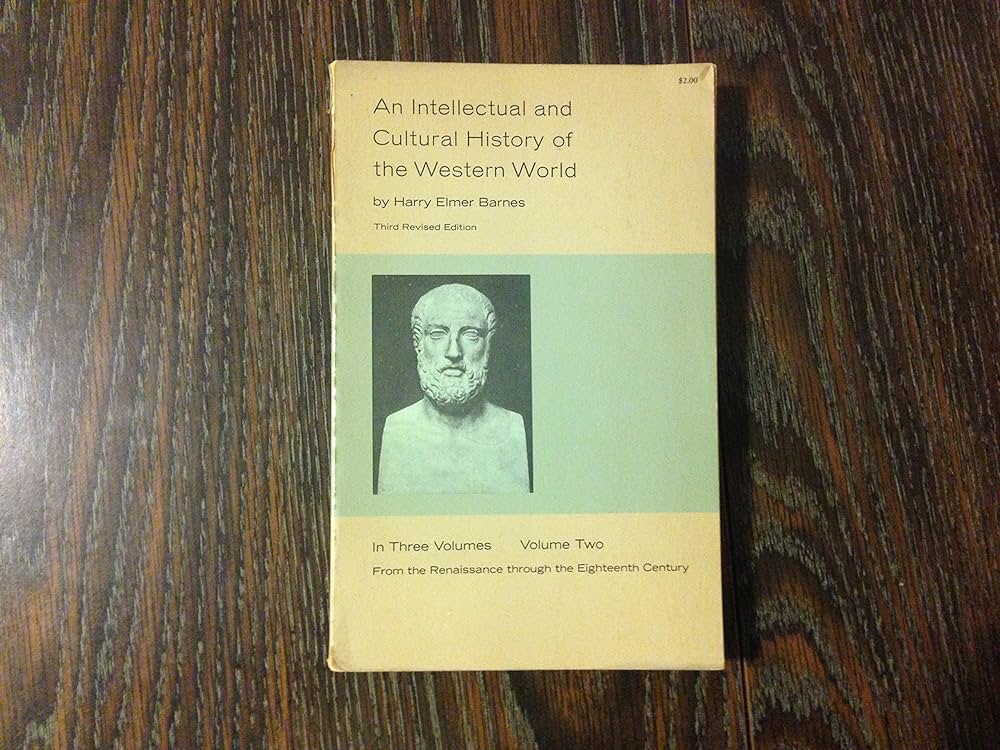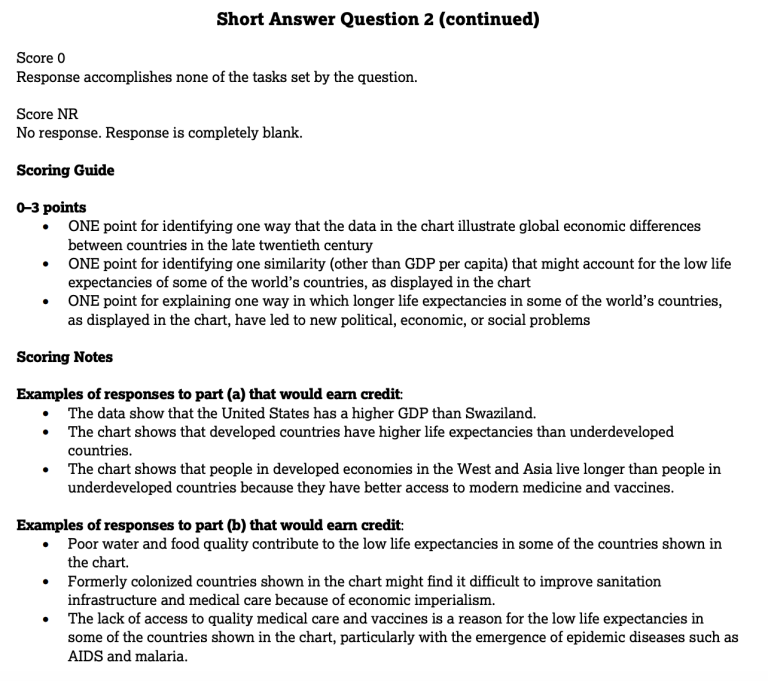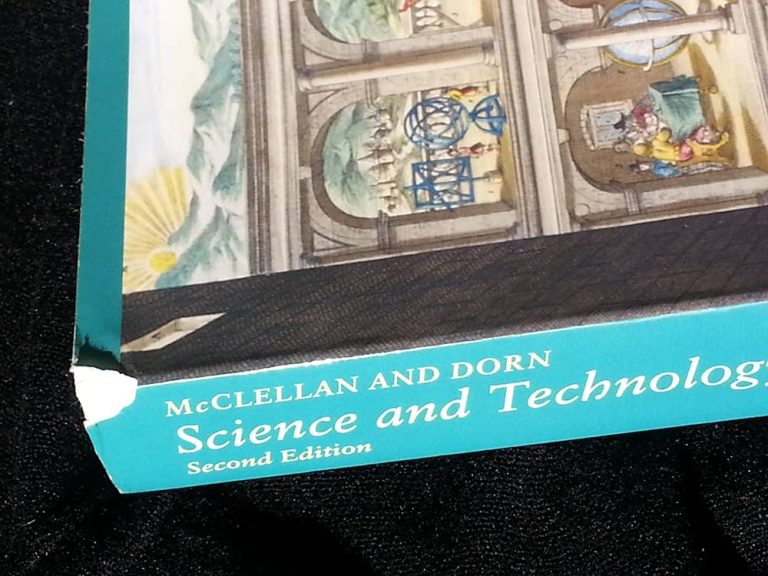An Intellectual And Cultural History Of The Western World
An Intellectual and Cultural History of the Western World is a comprehensive look at the development of Western civilization from the ancient Greeks to the present. It examines the major intellectual and cultural themes of Western thought, from the rise of science and the Enlightenment to the modern era. It also looks at how the arts, literature, and philosophy have shaped our current understanding of the world. By looking at the various ways these disciplines have interacted, readers will gain a better understanding of the history of the Western world.
Ancient Greece
The ancient Greeks are credited with being the inventors of Western culture. From their philosophy to political systems, literature, and art, their influence can be seen in much of the modern world. Ancient Greece was composed of a number of independent city-states, each with its own laws and customs. In the 8th century BC, the Greeks began to colonize areas of the Mediterranean, developing their own culture and language. In the 5th century BC, the city-states of Athens and Sparta fought the Peloponnesian War, ushering in a new age of civilization and philosophy. The Greeks were known for their advancements in mathematics, science, literature, and art, which set the stage for the great intellectual and cultural achievements of the Western world. From the development of democracy in Athens to the works of Plato, Aristotle, and other great thinkers of the day, the ancient Greeks left a lasting legacy that still influences us today.
Ancient Rome
Ancient Rome is a source of enduring fascination for many, with its remarkable history that stretches back over two thousand years. The Roman Empire was one of the most powerful civilizations in the world, and its legacy has a lasting impact on the western world. From the rise of the Republic to the fall of the Western Roman Empire, the history of Ancient Rome is a captivating story of politics, culture, and religion. It was the birthplace of some of the world’s most influential figures, including Julius Caesar, Marcus Aurelius, and Constantine the Great. From the Colosseum to the Pantheon, the city of Rome is filled with immense monuments that speak to its grandeur and power. The laws, literature, and art of Ancient Rome have endured throughout history, and continue to influence the western world in many ways. With its unique and influential history, Ancient Rome stands as one of the most impressive civilizations of the western world.
Medieval Europe
Medieval Europe was a time of great intellectual and cultural progress. The period saw the development of universities, the rise of the arts, and the introduction of new technology. It was a period when the Church exerted great influence over society, and when the feudal system was at its peak. This period also saw the rise of the middle class, the emergence of new forms of government, and the spread of Christianity throughout Europe. The period also saw great advances in science, philosophy, and literature. Some of the most famous figures of this time include Thomas Aquinas, Dante Alighieri, and Geoffrey Chaucer. All of these figures laid the foundations for the modern world, and all of them had a deep impact on the intellectual and cultural history of the Western world.

The Age of Enlightenment
The Age of Enlightenment was a period of intellectual and cultural progress in the Western world. It was a time of revolutionary change, when the foundations of modern society were laid. The Enlightenment was characterized by a shift away from traditional religious beliefs and superstitions, towards a more secular and rational approach to life. Great thinkers such as John Locke, Voltaire, and Jean-Jacques Rousseau questioned the status quo and argued for more freedom of speech and thought. They helped to bring about new ideas such as freedom of religion, free markets, and the separation of church and state. These ideas would ultimately become the bedrock of modern democracies. The Age of Enlightenment also saw the emergence of the scientific method, which revolutionized our understanding of the natural world. This period of intellectual progress also paved the way for the Industrial Revolution, which changed the way people worked and lived. The Enlightenment was a time of great progress, and its influence can be seen in many aspects of the modern world.
Industrial Revolution
The Industrial Revolution had a profound effect on the Western world, both culturally and intellectually. It marked an era of accelerated innovation and technological advancement, which led to massive economic growth and development. This period saw the emergence of new economic systems, production techniques, and forms of communication, and the rising importance of the middle class. The Industrial Revolution also brought about social and political changes, as well as new ways of thinking about the world. It gave rise to new ideas about the nature of human progress and the potential of technology, and it established the concept of progress as a central theme of modern society. Moreover, the Industrial Revolution had a significant impact on the arts and culture, as it encouraged the emergence of a more individualistic, consumer-oriented society, in which people could express their own tastes and preferences. Its influence can still be felt in the Western world today, as it continues to shape our understanding of the world and our place in it.
Modern Western Society
Modern Western society is a complex amalgamation of intellectual and cultural influences from all over the world. It is the result of millennia of technological advances, social evolution, and the exchange of ideas between different cultures. Over the centuries, the West has been shaped by the pivotal ideas of philosophers, scientists, and artists, which have shaped our understanding of the world. This blog post will explore the major events in the intellectual and cultural history of the Western world, from the dawn of classical antiquity through to the modern era.
The Ancient Greeks were pioneers in the development of the sciences, mathematics, and philosophy. They produced some of the most influential works of art and literature, and their thinking shaped the way Western society viewed the world. In the Middle Ages, Christianity was a major influence on the development of Western thought, and the Church was instrumental in the spread of education and culture throughout Europe. In the Renaissance, humanism and the rediscovery of classical Greek and Roman literature and philosophy had a major impact on the development of modern thought.
The Enlightenment of the 1700s was a period of great intellectual and scientific advancement, and the ideas of the Enlightenment thinkers had a major influence on the development of Western democracy. The Industrial Revolution of the 19th century was a period of unprecedented social and economic change, and the advances in technology and engineering had a profound impact on the development of modern society.
Today, modern Western society is the product of centuries of intellectual and cultural history. Through the exchange of ideas from cultures around the world, the West has developed a unique set of values and belief systems. From the ancient Greeks to the Enlightenment thinkers, the West has been shaped by a variety of influences, and it continues to evolve and adapt to a changing world.
FAQs About the An Intellectual And Cultural History Of The Western World
1. What types of historical events does An Intellectual And Cultural History Of The Western World cover?
Answer: An Intellectual And Cultural History Of The Western World covers a range of topics from the ancient world to the present day, including art, literature, philosophy, religion, and science.
2. What kind of materials are included in this history book?
Answer: An Intellectual And Cultural History Of The Western World includes primary source material such as artwork, literary texts, and documents from the past, as well as secondary sources such as scholarly articles and books.
3. How is this book organized?
Answer: An Intellectual And Cultural History Of The Western World is organized into three parts: Ancient World, Medieval Period, and Modern Period. Each part is further divided into chapters focusing on specific topics within each period.
Conclusion
The intellectual and cultural history of the Western world is a long and complex story. It is a story that is intertwined with the development of modern civilization, and it has had a profound impact on our understanding of the world we live in. From the Classical era to the Renaissance and the Age of Enlightenment to the Industrial Revolution, the Western world has seen a tremendous amount of growth and change in its culture and intellectual thought. The history of the Western world is a fascinating one and it is important to understand the various aspects of this history in order to gain a better understanding of the world we live in today.



